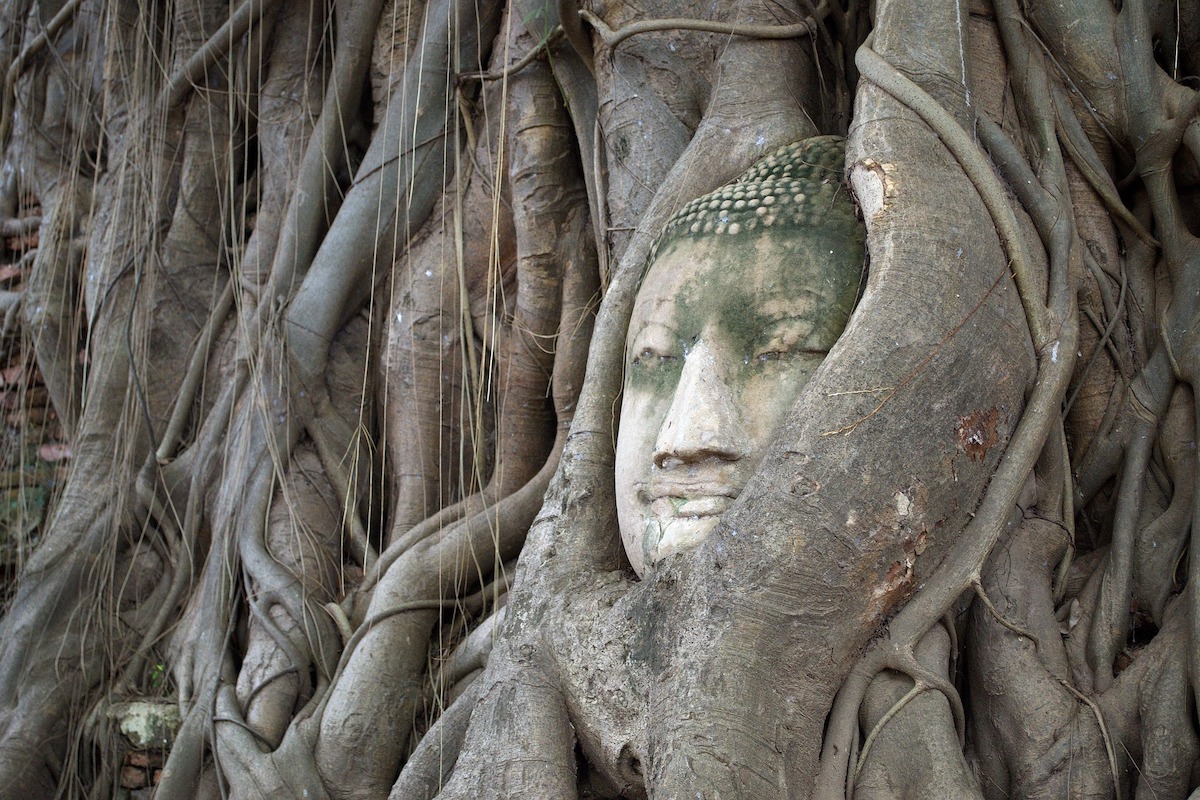While serving time in prison, I was also part of a college program called Common Good Atlanta. The program lets us further our education with faculty from Georgia Tech, Emory, Georgia State University, Morehouse, and Kennesaw State University. The other students and I served as Advisory Board members to Common Good Atlanta, and being part of this was very significant to everything we were striving towards. Each member of the Advisory Board came together to make decisions regarding the classes we would take, including the specific teachers, hours in which we would meet, and any other aspects regarding admissions. My classmates and I all worked together supportively, but there was conflict in the group, and some of my peers withdrew from our Advisory Board. I felt an invisible blade pushing through my back because of the division.
The beautiful month of Ramadan was approaching and I had to prepare for it. Ramadan is considered the holy month of Islam in which Muslims, across the world, abstain from food and drink from sunrise to sunset. Though fasting is a sacrifice, such an important sacrifice brings us closer to our religion and strengthens our relationship with Allah (God) by giving us the opportunity to be grateful for what we have. During this time, Muslims begin a journey of self-reflection, discipline, and improvement. I remembered the ayah in the Qur’an. “Verily! Allah will not change the good condition of a people as long as they do not change their state of goodness themselves” (Qur‘an 13:11). The college program was a great environment we all enjoyed — the only place we found that is not covered with the prison stigma. And I have convinced myself that I will try something in hopes of this condition we are facing is changed towards the good. Earlier in the semester, we read Paulo Freire’s Pedagogy of the Oppressed and I was encouraged to learn more about Freire’s determination. I researched some of his other works and found the book, The Politics of Education: Culture, Power, and Liberation. One thing he said stood out to me: “Washing one’s hands of the conflict between the powerful and the powerless means to side with the powerful, not to be neutral” (Freire, 1985, p. 122). While I was not involved in our class conflict, I knew I could not be neutral.
The Qur’an and Freire formed a picture in my mind and all I had to do was draw it out. Since I was approaching the month of sacrifice, I decided to tell everyone in class that I was going to stop coming to class unless we came together for dialogue to heal our differences. Immediately, some of my classmates came to me individually requesting me to come back to class. I expressed that the only way I would return to class was if we got together and exchanged dialogue. The classroom was more than just a classroom. To most of us, the classroom symbolized humanism—an environment in which we were not just a number but an actual person with unique thoughts, ideas, and intellect. These are notions that prison strips from us. So attending class was extremely significant to us. I was also considered a class leader. Others felt guilty that I would not attend class until the conflict resolved, especially because I was not directly involved in their conflict.
After about two weeks of refraining from the class, a couple of classmates agreed to have a meeting. In accordance with my faith, I was observing the Ramadan fast. At this time, we are also highly recommended to offer a supplication. In light of the conflict in the class, I supplicated to Allah about reconciling the class. After I heard the concerns from my classmates, I assembled a meeting a few hours before the next class. I had decided that the outcome of this would determine whether I would continue going to class
The meeting consisted of the three students who had voiced grievances as well as the ones who wanted to reconcile. I invited everyone to lay everything on the very table that was in front of us. I took notes as each member stated his reasons for removing his advisory board membership. While each man had a rightful reason for complaint, this was the first time these grievances were made known to us all, which was evidence that something was wrong with the way we held our Advisory Board meetings. The main problem, we discovered that day, was a lack of true communication in the class. And this meeting finally allowed the voices out that had been kept deep within their chests. The morale of the classroom environment returned. Students attended class daily—communication being a key component in preventing any future blow-outs. We learned to effectively work on our communication so that grievances of each individual were heard and were rectified.
As the meeting was coming to an end, I repeated each one’s concerns and requests. Subsequently, we agreed on all of the concerns. At that moment, I felt that dark cloud lift over our safe place and we ended the meeting with bright laughter. This very experience brought together what I have read and learned to an apply in such circumstances: Freire illustrating the significance of using dialogue and the Qur’an, where Allah states, “Verily, along with every hardship is relief” (Qur‘an 94:5). I am thankful this situation came to a relief which caused the wound on my back to begin to heal.
Works Cited
Freire, Paulo. The Politics of Education: Culture, Power, and Liberation, Greenwood Publishing Group, 1 January 1985, p. 122
Muhsin Khan, Muhammad. Quran. The Noble Quran Translation, Surah 13:11 and Surah 94:5.

This work is licensed under a Creative Commons Attribution 4.0 International License.





